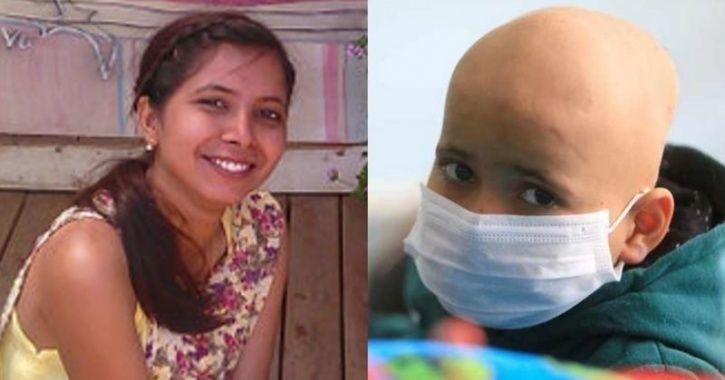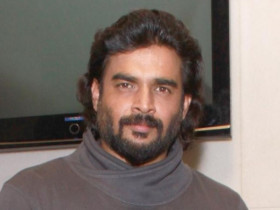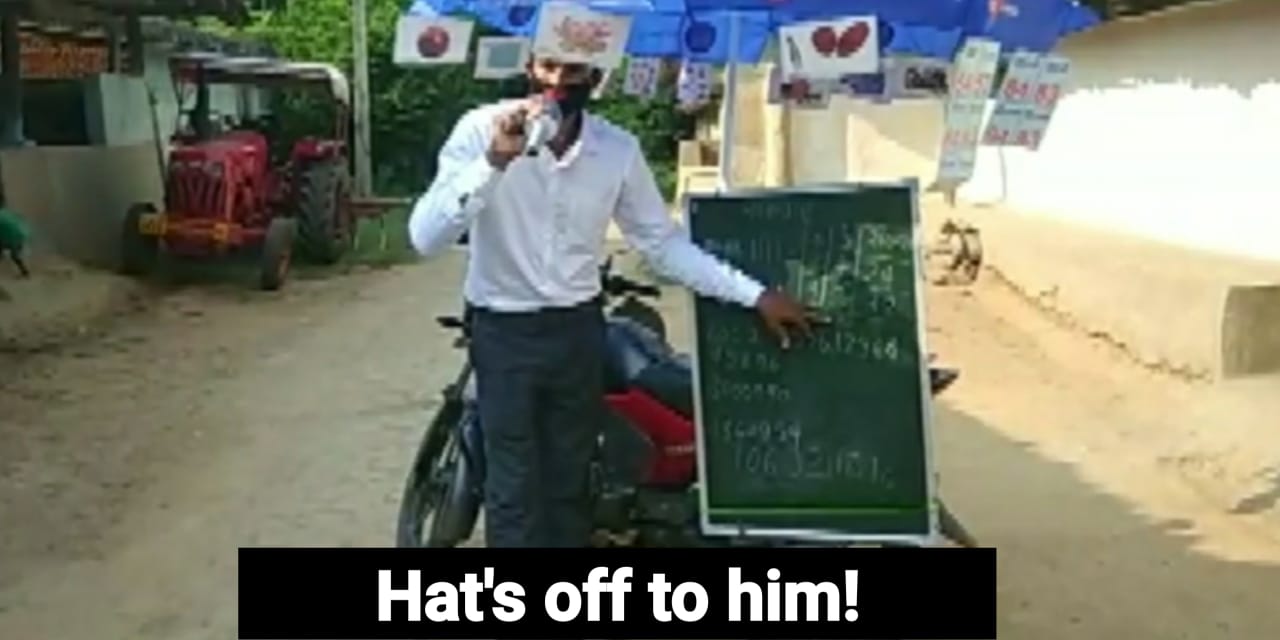No products in the cart.
Finally, Indian Researcher develops 100% cure for Bone Cancer in Children, she deserves a lot of respect
Scientists have long been running several trials and experimentations with a view to finding a cure for cancer in today’s world. Though there have been advanced medical research studies worldwide, the bitter reality is that even now, we still don’t have a 100% cure for cancer.
According to the World Health Organisation, Cancer is the second leading cause of death in the world, with as many as 9.6 million mortalities in the year 2018 itself and it is still counting in this year.

In a very serious attempt to fight cancer, Indian researcher Dr. Swati Srivastava teaming up with Professor Yosef Yarden and other colleagues at the Weizmann Institute of Science, in Israel has finally found a new treatment to stop bone cancer in children once and for all.
Dr Swati Srivastava did her PhD from IIT Roorkee and is now doing her post-doctoral at the Weizmann Institute of Science.
Reported by Cell Reports, she discovered interactions of ‘Ewing sarcoma on a molecular level’ and then she proposed a treatment which prevents it from spreading after it showed a good response in a study with mice.
Ewing sarcoma is a type of bone cancer that is usually found in adolescents and young adults where a tumour appears in bone or soft tissue.
They carried out research with attention to detail to the receptors for steroid hormones dubbed ‘glucocorticoids’. Their tests disclosed that hypothesis that these receptors substantially increase the growth of Ewing sarcoma.
The physical connection between glucocorticoid receptors and the protein made by Ewing sarcoma oncogene enhanced the growth and migration of Ewing sarcoma cells in a laboratory dish and led to an even powerful boost to the growing and spreading of the sarcoma in laboratory mice.
Later, the researchers have implanted Ewing sarcoma cells in mice and then gave them proper medication that could block the synthesis of glucocorticoids. The researchers have discovered that with the medication, the tumours started growing at a slow pace than before because of medication, thus not becoming intense and strong they would have.
The researchers now prepare to plan on testing this out on human patients in the near future. If the results come good, it could offer a new ray of hope to the young children who are affected by this, especially in circumstances where cancer has metastasized beyond the bone.
Dr Srivastava said in a statement, “Our findings provide the basis for a personalized approach to the treatment of Ewing sarcoma,” Srivastava added.








